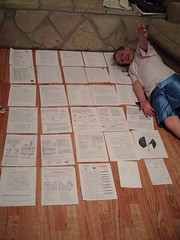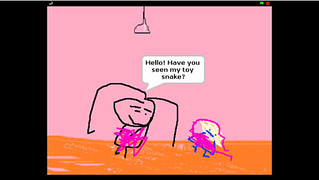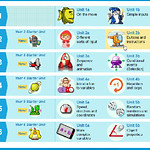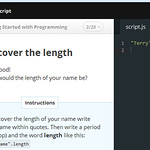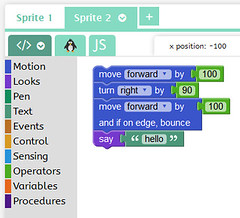I was struck by a comment made my Steve Dembo on Facebook recently. He said:
“I imagine that some day I'll stop getting nervous before presentations. But today is not that day”
I’ve met Steve: passionate, enthusiastic, a great speaker. I came across him via his blog and podcasts some years ago. I found him to be really inspirational, and was delighted to meet him at a conference a few years ago. So I was shocked to read his comment, though not surprised.

